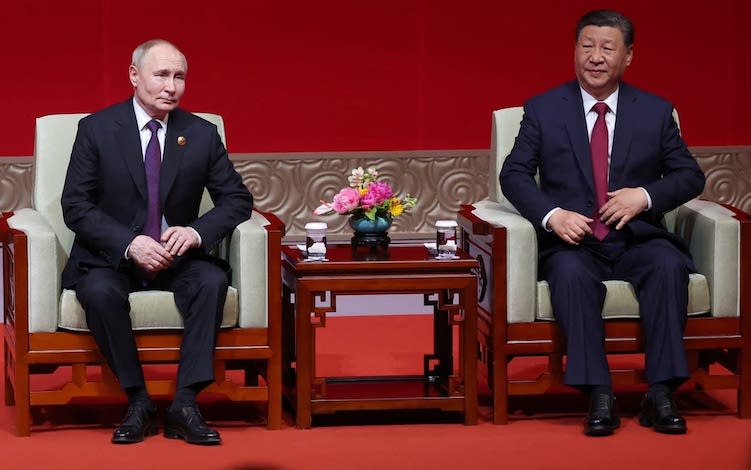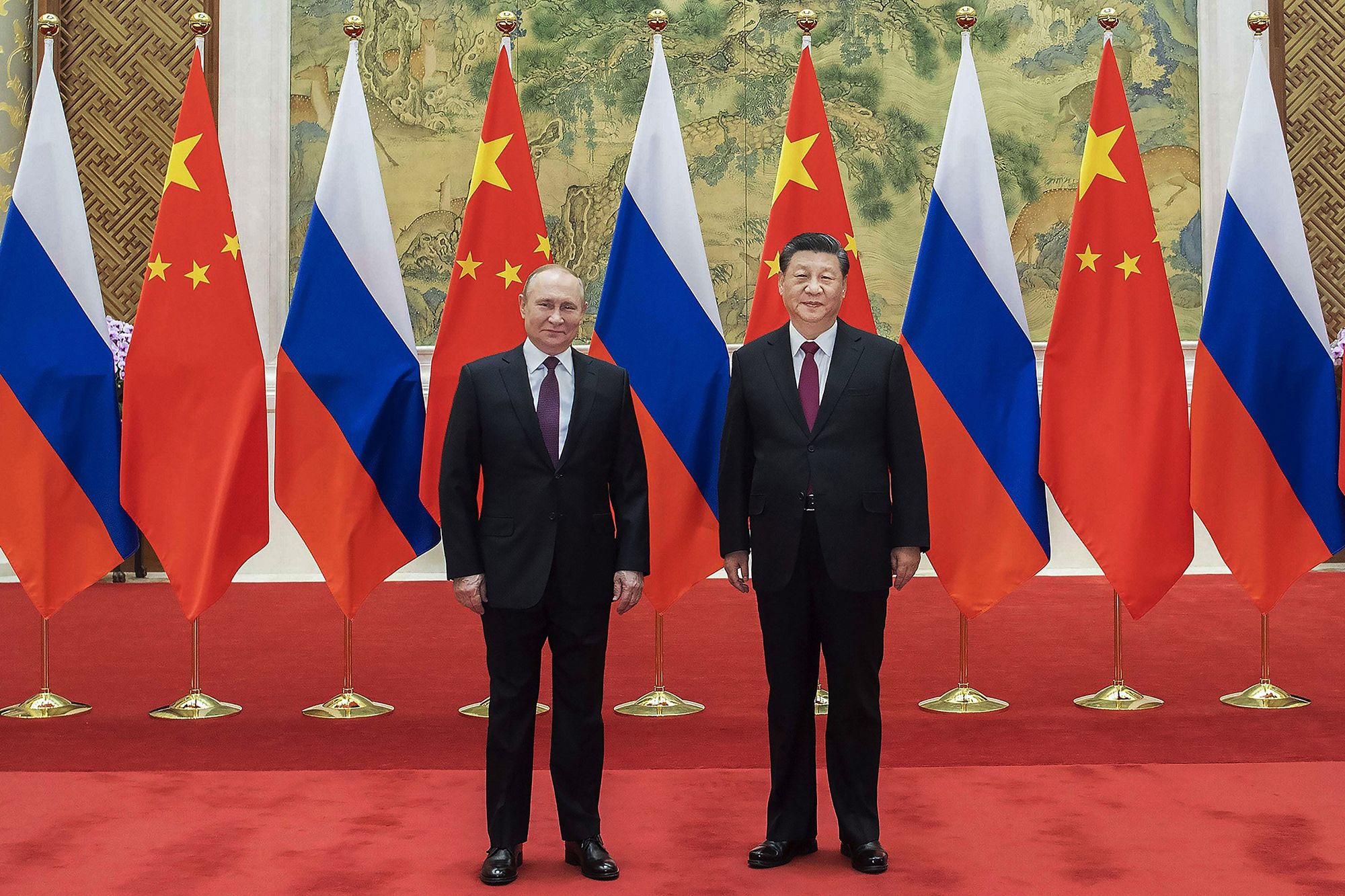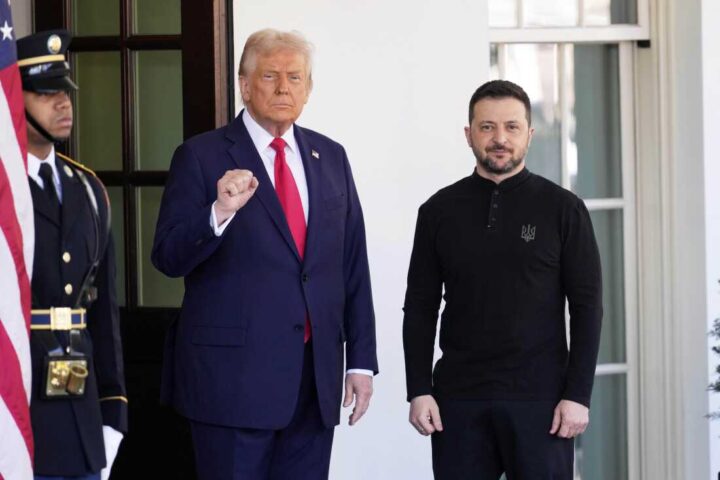Chinese firm trades marine engines for Russian steel as sanctions push barter back into global business.
Barter, one of the oldest forms of trade, is making a surprising comeback in modern Russia. Driven by Western sanctions and mounting settlement challenges, companies are once again resorting to exchanging goods instead of relying on traditional cash payments. At a recent business forum in Kazan, a Chinese company revealed that it has begun trading marine engines directly for Russian steel and aluminum, marking a notable shift in how cross-border business is being conducted under pressure.
The return of barter trade highlights the severe impact of restrictions on Russia’s financial system. With global banks increasingly cautious and payments frequently delayed, many companies are forced to find alternative methods to continue business. What would have once been considered an outdated practice has now become a practical solution to overcome barriers that conventional financial channels cannot resolve.
The Chinese company involved explained that barter has become a necessary mechanism to maintain operations in Russia. Instead of waiting for uncertain banking transfers, it delivers marine engines and receives essential raw materials in return. These resources, including steel and aluminum, are vital to industries such as shipbuilding and construction. For the company, this approach reduces settlement risks, while for Russian partners, it ensures access to crucial goods without navigating unstable financial routes.
This scenario evokes memories of the 1990s, when Russia faced severe economic turmoil after the collapse of the Soviet Union. Back then, cash shortages and inflation forced many companies to trade goods directly. Oil, machinery, and even food items became part of a sprawling web of barter agreements that kept industries moving during one of the most chaotic economic periods in the country’s history. While today’s Russia has a far more developed economy, the reliance on barter shows how sanctions can push nations back to methods that bypass the global banking system.
Unlike in the past, however, modern barter in Russia is more targeted and strategic. Instead of being used for basic survival, it is now being applied in specific industries where goods are valuable and easy to price on the global market. Metals such as aluminum and steel are ideal for barter because their value is widely recognized, making it easier for companies to agree on fair exchange rates. This adds a layer of practicality that was often missing in the complex barter arrangements of the 1990s.

Still, there are challenges to this system. One major issue is valuation. When goods replace money, both sides must agree on what the trade is truly worth, and discrepancies can create disputes. There are also regulatory concerns, as barter transactions often bypass traditional financial documentation. Customs and taxation authorities may find it difficult to track and evaluate such deals, leading to potential loopholes and grey areas in trade reporting.
Despite these obstacles, barter appears to be gaining ground as a temporary lifeline. Russian businesses facing global isolation are increasingly open to creative solutions, while foreign partners that wish to maintain ties with the Russian market see it as a pragmatic way to keep commerce alive. Governments, too, are beginning to adapt. Russian officials have signaled support for barter mechanisms, even providing guidance on how companies can draft agreements that meet legal requirements.
At the same time, barter is unlikely to replace traditional trade in the long run. It is inherently limited in scope and difficult to scale, especially in complex industries that rely on diverse supply chains. However, it serves as a reminder of the resilience and adaptability of businesses under pressure. When financial doors close, companies turn to the oldest and simplest form of trade—direct exchange.
Looking ahead, Russia and its partners may develop other alternative systems, such as digital currencies, bilateral settlement agreements, or payment mechanisms within groups like BRICS. But until these tools become widespread, barter will remain a useful, if imperfect, bridge.
What is happening today underscores a basic truth about global trade: it will always find a way to move forward, even if that means going back to practices that many believed were long gone. Barter’s return in Russia is less about nostalgia and more about survival in a world where access to money is no longer guaranteed.















